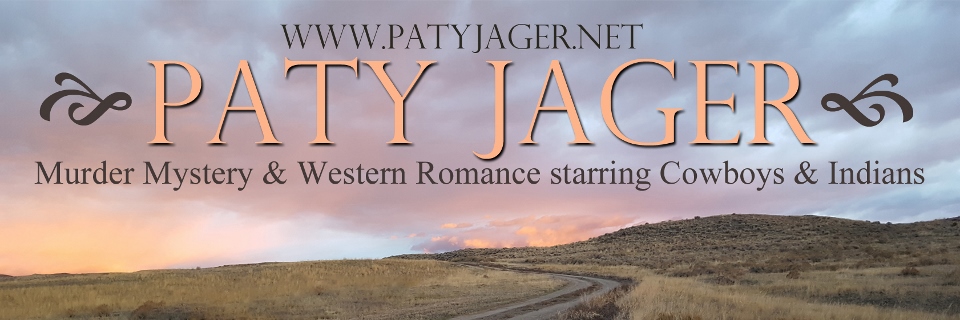U.S. Marshals
Marshals
Rangers
Bounty Hunters
Pinkerton Agents
Range Detectives
U.S. Marshals were the first Federal organization created in 1789 but George Washington and the Continental Congress. They were appointed, not elected. U.S. Marshals upheld the law in remote, sparsely, populated unorganized territories. As representatives of the Federal Government they were highest ranking officials, giving them both the cooperation and opposition from other lawmen. Their primary purpose was to support and defend the federal courts. They had wide authority in enforcing all aspects of the law. Handling disputes, delivering the U.S. Mail, protection from Indians, safe guarding government property, disbursing and accounting for monies used in running the courts, and even carrying out death sentences. Before 1896 they worked on a fee system, collecting a certain amount of money for a specific task. After that date they were on a salary. Until 1861 the U.S. Marshals reported directly to the Secretary of State. After the Department of Justice was created they reported there. U.S. Marshals could hire as many deputies as they needed to perform their duties.
Marshals were local law officials chosen by the population of frontier towns to bring order. The town paid for the Marshal and any deputies they might choose to help them keep the town safe.
Sheriffs were elected by the citizens of a town and paid by the local officials. They enforced the law within the county they served. They were to keep the peace, uphold the law, and maintain the jail. They worked with the U.S. Marshals but had less authority. Sheriffs hired deputies and formed posses when they were needed. They were also the tax collectors for the county.
Rangers protected life and property, handled special criminal investigations, quelled disturbances, served as officers of the court at a judge’s request, and suppressed criminal activity in any area where local officials are unable or unwilling to maintain law and order. A ranger has authority throughout the state. They are directly under the governor and can act as an army at times and a police force at other times. The Texas Rangers organized in 1823 when Stephen F. Austin brought together men to protect the frontier. Each ranger had to furnish his own horse and firearm. His pay was $1.25 a day. They were usually called upon for the toughest assignments. The Arizona Rangers formed in 1882 under the territorial governor. They worked the same as the Texas Rangers and were abolished in 1909 and reformed years later.
Bounty Hunters were either the good guy or the bad guy depending on the situation. They started out as law enforcers, serving a capacity much like a Deputy U.S. Marshal. Some worked directly with sheriffs in catching the criminals. They freed up the other lawmen’s time so they could concentrate on their normal duties. A good bounty hunter performed a valuable service. However, there were some rogue bounty hunters who tarnished the occupation.
Pinkerton Agents were a privately owned detective agency founded in 1850 by Allen Pinkerton. They operated nationwide, working for railroad and stage companies as well as the influential. Their logo is the image of an eye and their motto was “We Never Sleep”. They performed the work done these days by the FBI, CIA, and Secret Service. In 1861 while investigating a railroad case they uncovered and foiled a plot to kill Abraham Lincoln on his way to the inauguration. It was a family owned operation. They had main offices in the East, Mid-West, and West. Their operatives went undercover and they took invaluable notes on the criminals starting the process now used to keep track of wrongdoers.
Range Detectives- Were men paid by a rancher with a large spread or by several smaller ranchers to keep their cattle safe by arresting cattle rustlers and sheep herders who cut their fences.


4 comments:
It's good to know the distinctions between them, Paty. Thanks for sharing your research!
Sorry I didn't get by yesterday, my internet was on island time. Very interesting post. It's fun to know that the US had a more official system of law enforcement than the English did at the time.
Thanks for this! I've always found it confusing until I fell in love with the TV show Justified and looked up what US Marshalls actually did and do.
Hi Devon! I had to do this research when I was trying to decide if the first Halsey book would be Sheriff in Petticoats or Marshal in Petticoats. And then when I wanted a U.S. Marshal in a book I needed to know what their duties were.
Hi Ella! I don't bother with the English constabulary, I have enough trouble with the Dukes, Lords, and Counts! ;)
D'Ann, I was confused too until I did the research. Thanks for stopping in.
Post a Comment